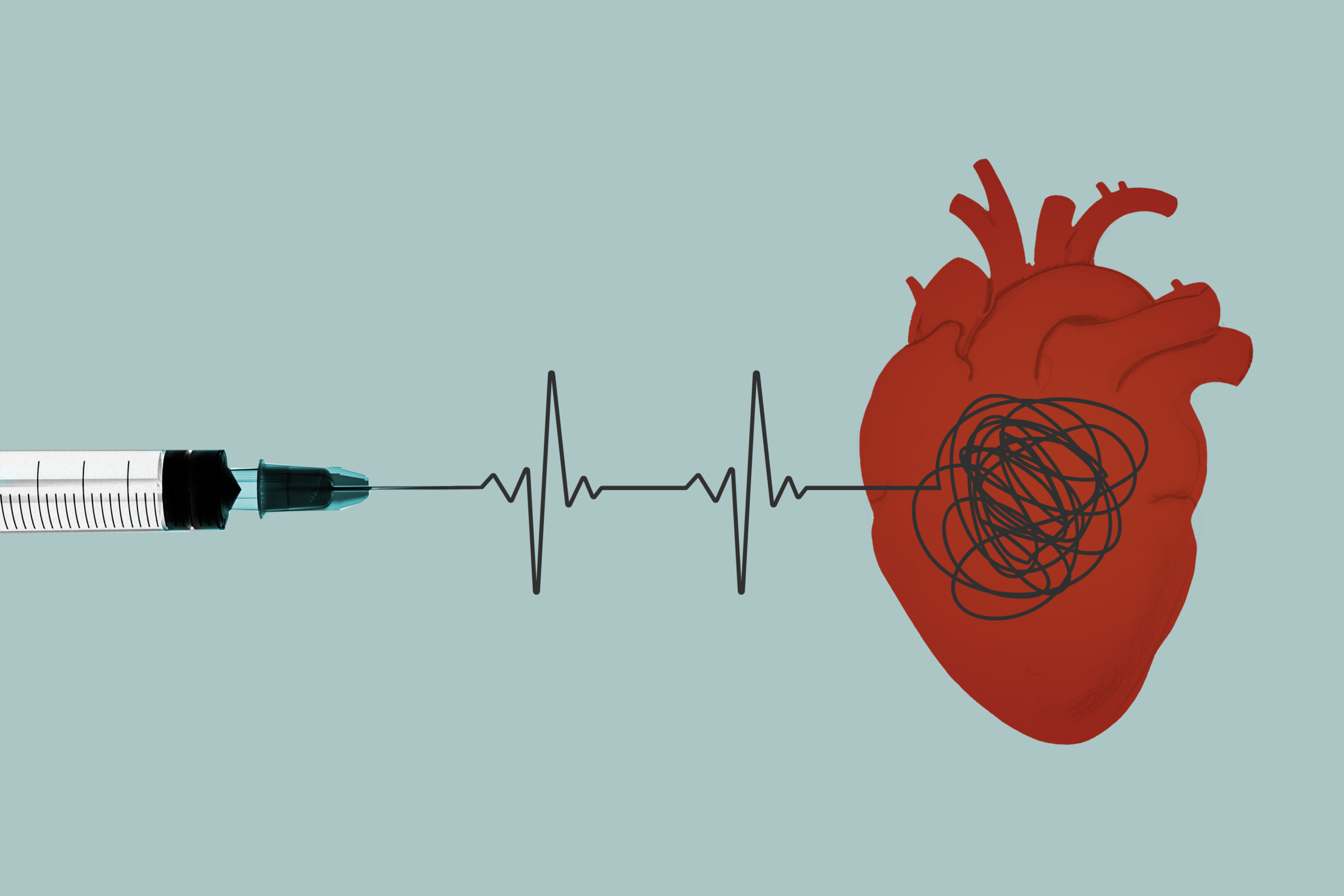Under pressure from the military and his mother, Jacob Cohen was feeling increasingly cornered.
Mr. Cohen didn’t want to receive a COVID-19 vaccine. He knew the vaccines hadn’t been available for long. He was worried about their safety.
Some previously healthy young people who suffered heart inflammation after COVID-19 vaccination still suffer symptoms, including chest pain.

Under pressure from the military and his mother, Jacob Cohen was feeling increasingly cornered.
Mr. Cohen didn’t want to receive a COVID-19 vaccine. He knew the vaccines hadn’t been available for long. He was worried about their safety.